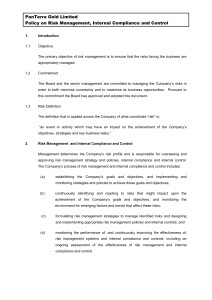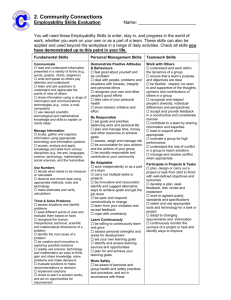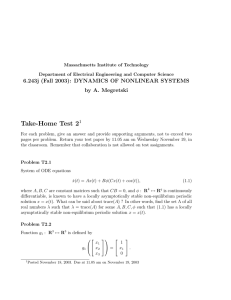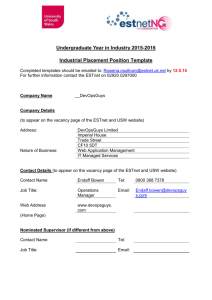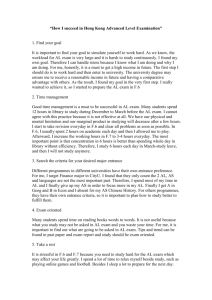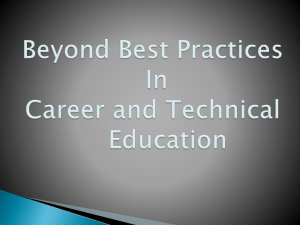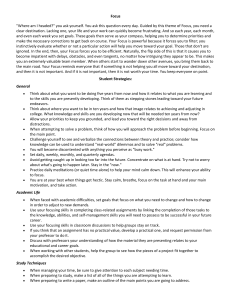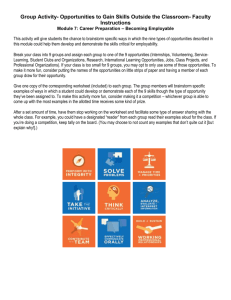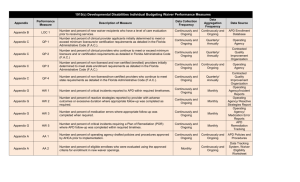Input
advertisement
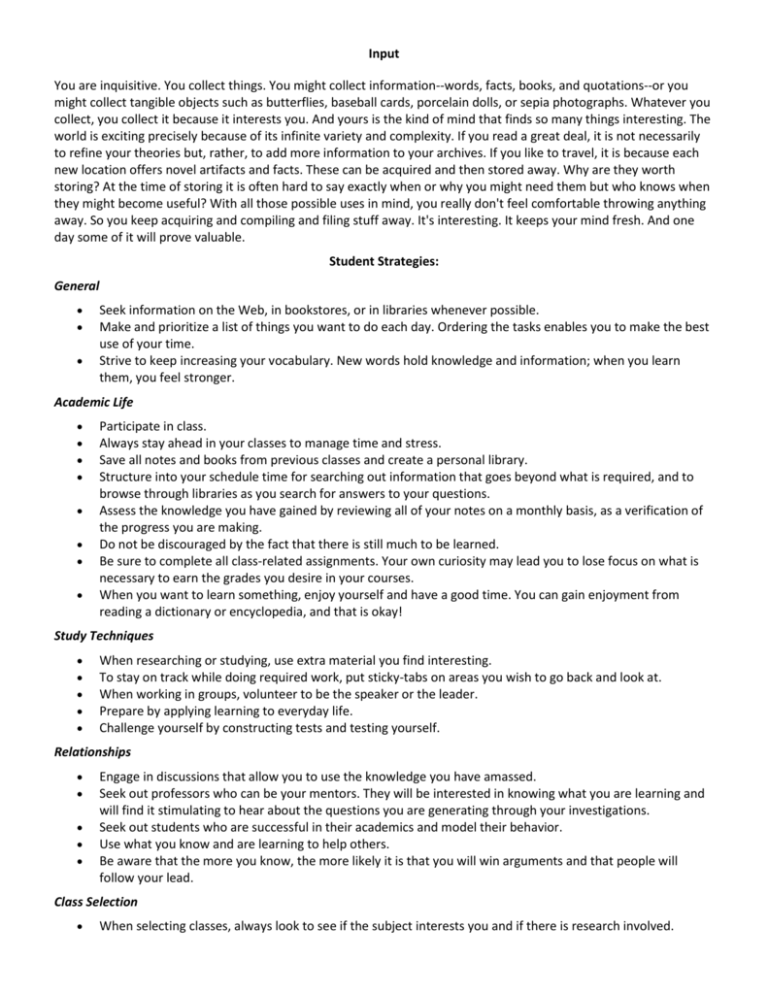
Input You are inquisitive. You collect things. You might collect information--words, facts, books, and quotations--or you might collect tangible objects such as butterflies, baseball cards, porcelain dolls, or sepia photographs. Whatever you collect, you collect it because it interests you. And yours is the kind of mind that finds so many things interesting. The world is exciting precisely because of its infinite variety and complexity. If you read a great deal, it is not necessarily to refine your theories but, rather, to add more information to your archives. If you like to travel, it is because each new location offers novel artifacts and facts. These can be acquired and then stored away. Why are they worth storing? At the time of storing it is often hard to say exactly when or why you might need them but who knows when they might become useful? With all those possible uses in mind, you really don't feel comfortable throwing anything away. So you keep acquiring and compiling and filing stuff away. It's interesting. It keeps your mind fresh. And one day some of it will prove valuable. Student Strategies: General Seek information on the Web, in bookstores, or in libraries whenever possible. Make and prioritize a list of things you want to do each day. Ordering the tasks enables you to make the best use of your time. Strive to keep increasing your vocabulary. New words hold knowledge and information; when you learn them, you feel stronger. Academic Life Participate in class. Always stay ahead in your classes to manage time and stress. Save all notes and books from previous classes and create a personal library. Structure into your schedule time for searching out information that goes beyond what is required, and to browse through libraries as you search for answers to your questions. Assess the knowledge you have gained by reviewing all of your notes on a monthly basis, as a verification of the progress you are making. Do not be discouraged by the fact that there is still much to be learned. Be sure to complete all class-related assignments. Your own curiosity may lead you to lose focus on what is necessary to earn the grades you desire in your courses. When you want to learn something, enjoy yourself and have a good time. You can gain enjoyment from reading a dictionary or encyclopedia, and that is okay! Study Techniques When researching or studying, use extra material you find interesting. To stay on track while doing required work, put sticky-tabs on areas you wish to go back and look at. When working in groups, volunteer to be the speaker or the leader. Prepare by applying learning to everyday life. Challenge yourself by constructing tests and testing yourself. Relationships Engage in discussions that allow you to use the knowledge you have amassed. Seek out professors who can be your mentors. They will be interested in knowing what you are learning and will find it stimulating to hear about the questions you are generating through your investigations. Seek out students who are successful in their academics and model their behavior. Use what you know and are learning to help others. Be aware that the more you know, the more likely it is that you will win arguments and that people will follow your lead. Class Selection When selecting classes, always look to see if the subject interests you and if there is research involved. Select classes that are extensions of your interests and curiosities. Select classes that help you increase your general knowledge base. That would include classes in which research is valued. Select classes in which you can be a leader or share your ideas. Co-curricular Activities Buy books that interest you; spend time in bookstores; view each book as a voyage. Join groups in which you can put your knowledge to use (e.g., community discussion groups, book clubs, PreLaw Society mock trials, or Plato Society discussions). Become involved in Co-curricular Activities that further your learning (e.g., science clubs, language clubs, literary organizations, etc.). Make time to read books and articles that stimulate you. This will increase your motivation to persist in college. Career You will want to work in an environment that allows you to be continuously engaged in learning. You will enjoy a career in which you are always on the cutting edge of knowledge. You will be a great resource to others if your career is chosen on the basis of both what you have learned and opportunities for even more extensive learning. You will be happiest in a career that allows you to try new things, as you will want to continuously expand your competencies. You will enjoy working in an environment where you are stimulated by ideas and creative approaches to problems and issues. An ideal career would be one in which you have an opportunity to share what you have learned and are expected to be continuously learning and making new discoveries. Choose jobs that will encourage you to conduct research. Select jobs from which you can learn. Your "input" strength can be a great asset in the "information age." Think about a career in which you can use your strength and continuously be learning in the "information age." Consider a career in which you can use what you know and continuously build and use your vocabulary, and are expected to generate new insights and understandings (e.g., a professor).
